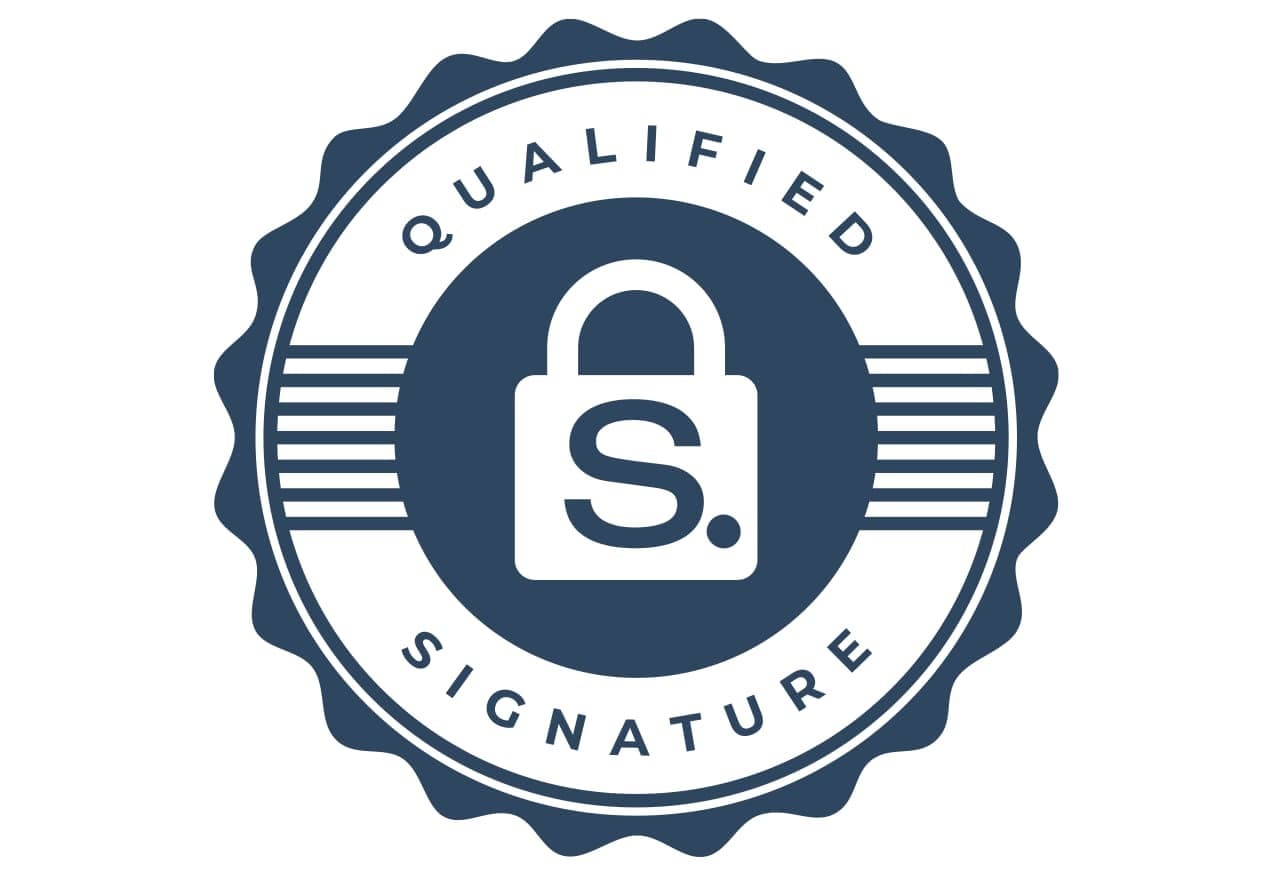
E-recruiting in Germany: What you need to know about the new law
Germany’s implementation of the EU Directive on employment practices, which takes effect August 1, 2022, reinforces rather than relaxes existing national law that already hinders digitalisation in German HR departments. The electronic signing of employment agreements is still permitted, but a paper requirement remains for the documentation of essential working conditions.
On June 23, 2022, the German Bundestag passed a law to implement EU Directive 2019/1152 into national law, effective August 1. Surprisingly, the Bundestag strongly deviates from the EU Directive’s provision allowing all employment documentation to be drafted, signed and stored in electronic format.
Specifically, the new law has two main implications for the enforcement of Germany’s existing Nachweisgesetz, or ‘Proof of evidence law’:
- The one-month time window within which an employer must provide a new employee the essential working conditions, in written form and signed by the employer, has been eliminated. Now this document must be provided no later than the first day of work.
- Violations of the Nachweisgesetz can now be punished with fines of up to 2000 euros.
Most importantly: the essential working conditions must be signed and provided in paper format, a requirement that already exists in the Nachweisgesetz. The Bundestag was expected to remove this provision to conform with the EU Directive but has left it intact. (Note that a document specifying the essential working conditions is not necessarily the same document as the employment agreement, as explained below.)
The new law applies equally to the hiring of temporary employees, even for engagements of less than one month.
For employment relationships concluded before August 1, 2022, there is a transitional provision to the new law stipulating that written documentation of the essential working conditions only has to be provided to the employee upon request. In the case of a request, the documentation must be provided within seven days.
Implications for digital HR operations
The new law does not prohibit the electronic signing of employment agreements. And any employment-related documents/conditions that §2 Nachweisgesetz does not define as essential terms of employment can also be signed, stored and provided in electronic format.
Here a key distinction must be made between an employment agreement and the documented essential working conditions required by the Nachweisgesetz. An employment agreement is typically entered into at some time prior to the commencement of the employment. At that point, the employer and the employee have some mutual interests, and this agreement should be documented. This document can be signed electronically, quickly and remotely, and it will be valid and binding.
On the other hand, the essential working conditions documentation required by the Nachweisgesetz requires the signature of a representative of the employer on paper and must be handed over to the employee at the latest on the first day of employment.
For the sake of efficiency, convenience and reduced environmental impact, these two concepts are preferably combined in the same document, which is signed and stored electronically. Unfortunately, in Germany the Nachweisgesetz continues to prevent such a fully digitalised process. Moreover, these outdated requirements are now reinforced further through the new fine.
Charting a way forward
These renewed restrictions are already being felt by HR departments, who face heavier administrative burdens and a competitive disadvantage in the global recruitment market. For example, if you’re a German company trying to recruit top talent, will you:
- Send the candidate a paper-based employment agreement to sign, including the required essential working conditions, and run the risk of losing that candidate to a company who sends a contract that can be instantly e-signed?
- Or, secure the candidate by sending the employment agreement electronically, including the required essential working conditions and then, after both parties have e-signed, print a copy, signed by you on paper and provide it to the employee?
The market is already responding, with labour lawyers and others proposing ways to adapt to the new law, offering online resources like videos, webinars and written guides. For further questions about how your HR department can optimise digital processes, contact the Scrive team in Munich. Write to us or call +49 32 221853202.
General disclaimer: Scrive does not provide legal advisory services. The purpose of this document is only to give general information based on Scrive’s research and current understanding and knowledge of applicable regulations. The reader may use the information provided solely on own responsibility and risk. For legal advice, please refer to qualified legal expertise within your own jurisdiction and business area.
Related articles


Future-Proofing Your Business with QES
When it comes to the legal durability of your signed agreements, implementing Qualified Electronic Signatures (QES) into your signing processes now puts you ahead of the game.
Read article
Compliance in action
Discover how businesses are turning to Scrive to transform compliance into a strategic advantage while enhancing customer trust.
Read article